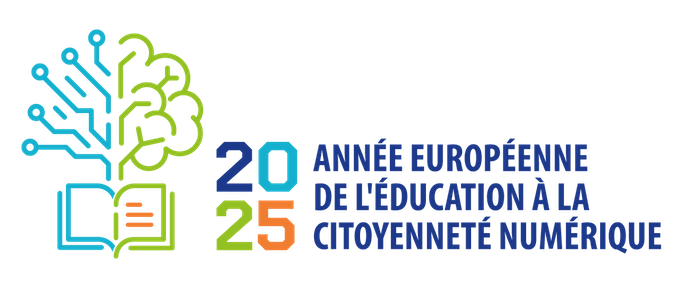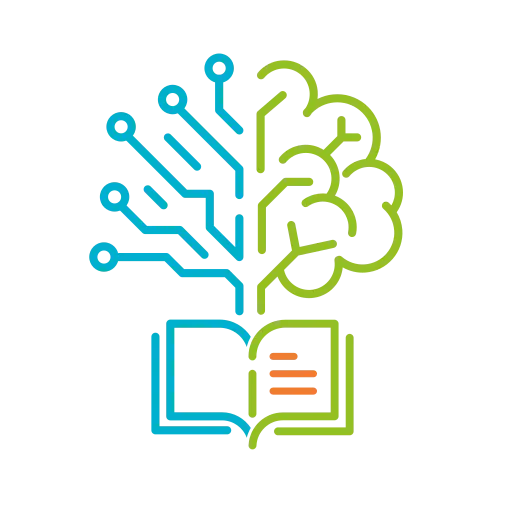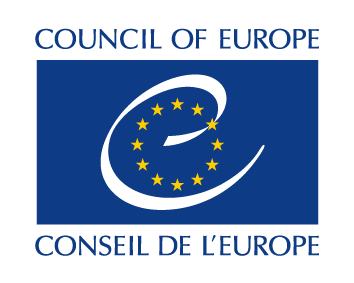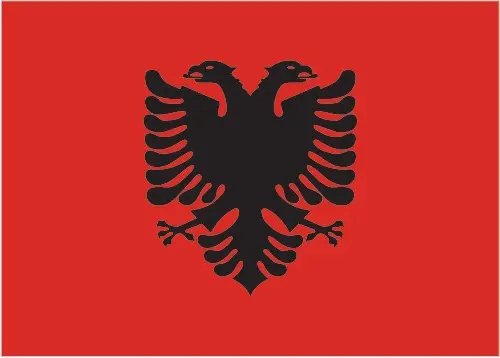- The 2022-2025 Digital Agenda Strategy, approved by the Albanian Council of Ministers. This strategy outlines plans to enhance digital skills and government use of data to meet the needs of citizens and businesses. Some goals discussed in this strategy include promoting digital citizenship, digital education, and digital skills. Additionally, this action plan aims to ensure a safe internet for children by increasing awareness and combating online sexual exploitation of children.
- The 2021-2026 National Strategy of Education by UNICEF Albania and Albanian the Ministry of Education, Sports and Youth. This strategy aims to upgrade teacher digital skills and develop students’ digital competences. Furthermore, section 4.3.4 discusses the digitisation of education and highlights risks children face while on the internet such as cyberbullying, age-inappropriate content and being recruited into criminal groups. Additionally, it highlights the need to equip teachers with the right skills and materials to prepare students to face the challenges they encounter online. Under this objective, there are plans to develop teachers digital competences through in-service and pre-service teacher training or professional development courses that cover digital competence and raising awareness on internet safety.
The 2021-2026 National Strategy of Education by UNICEF Albania and Albanian the Ministry of Education, Sports and Youth mentions that it is aligned with the Recommendations of the Council of Europe on basic competencies for lifelong learning (i)communication and expression competence (i) thinking, competence; (iii) the competence of learning to learn (iv) competences for life, entrepreneurship and the environment(v) personal competence(vi) civic competences (vii) digital competence )
It also mentions that it was developed based on previous experience of Albania working with the Council of Europe on projects addressing issues such as bullying.



